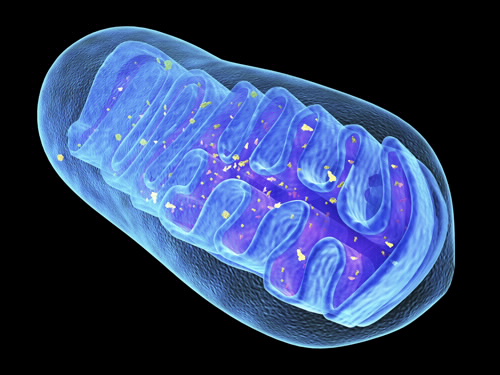Research published today in Nature Communications heralds a scientific breakthrough that could be the key to the development of better diagnostics and new treatments for conditions as diverse as multiple sclerosis, dementia, cancer and obesity.
 |
| The new TSPO knockout model allows us to determine how existing drugs truly work, and to develop new, more selective drugs which reduce the risk of unwanted side-effects. |
 | TSPO Brochure |
Scientists from ANSTO, The University of Sydney and University of Wollongong have confirmed the existence of generations of mice living without the mitochondrial translocator protein (TSPO).
The new TSPO knockout model allows us to determine how existing drugs truly work, and to develop new, more selective drugs which reduce the risk of unwanted side-effects.
Nearly 3 billion years ago, in the early days of life on Earth, when oxygen levels in the atmosphere dramatically rose, a family of small proteins - translocator proteins - evolved in bacteria, and has been conserved ever since throughout the plant and animal kingdoms.
In plants, proteins of the TSPO family play a role in photosynthesis, while in humans they regulate the production of sex and stress hormones. Unsurprisingly, it has long been thought that a protein that has changed little for billions of years must be essential for life.
Researchers at ANSTO have now disproved this long-held view about the TSPO and are starting to re-write our understanding on how hormones are produced and regulated.
“The pathways involved in many common disease conditions, such as that regulated by the TSPO, are increasingly recognised as key to understanding why there is such a close link between, for example, diabetes and Alzheimer’s and why treatment of one reduces the risk of the other,” said ANSTO’s Lead researcher, Professor Richard Banati.
It had previously been believed that the TSPO is essential for life because of its role in the production of natural steroids and processing of cholesterol, but that assumption has been turned on its head with this research.
Professor Ian Hickie, of the Brain & Mind Research institute, said “This work is immensely important for our work on brain pathology during psychiatric illness.”
A link to the full Nature article is available from Nature Communications.
For more information visit TSPO Knockout.
Published: 20/11/2014


